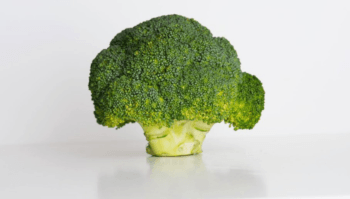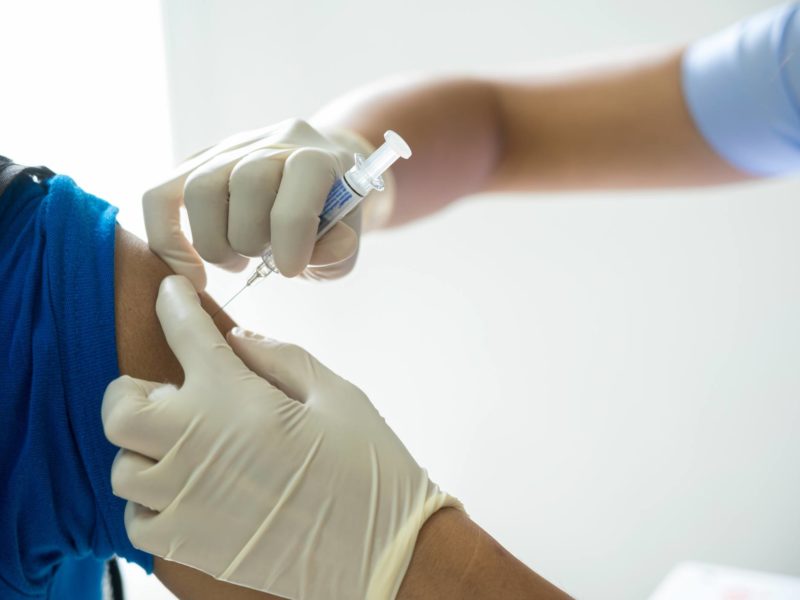Can Broccoli Help Treat Cancer?

A compound in broccoli and other cruciferous vegetables may be able to not only help prevent cancer but also help to treat it—a new approach researchers at Texas A&M Health Science Center are calling “from the table to the bedside.” Although no one is suggesting giving up traditional chemotherapy and radiation treatments for cancer, compounds from food may actually help cancer drugs work more effectively.
This cancer-fighting compound is called sulforaphane, and it is found in vegetables like brussel sprouts, kale, cauliflower and cabbage, but its highest concentrations are in the young sprouts of broccoli. Sulforaphane can also be found in a dietary supplement called broccoli sprout extract, or BSE.
Researchers at the Texas A&M Health Science Center Institute of Biosciences and Technology (IBT) in Houston, along with collaborators in Oregon, had previously found that sulforaphane could inhibit colon and prostate cancer cells in the laboratory. They’ve now shown that it seems to help humans as well.
Roderick H. Dashwood, professor and director of the Center for Epigenetics & Disease Prevention at the Texas A&M IBT, takes a “field-to-clinic” approach to cancer prevention. He and a collaborator, Praveen Rajendran, Ph.D., assistant professor at the center, published a new study in the journal Clinical Epigenetics that indicates a BSE supplement may help prevent or even treat colon cancer and hints at the biological pathways involved.
The BSE supplement seems to be generally safe. “We have not seen any serious adverse events in healthy volunteers who consumed BSE pills for seven days,” Rajendran said, although some people did experience mild abdominal discomfort. He cautions, however, that not all broccoli supplements are necessarily as effective as the one tested. “We have used a standardized broccoli extract in our study provided by Johns Hopkins University,” Rajendran said. “This BSE supplement is being evaluated in several other clinical trials around the country, but I’m not sure other, similar supplements available to the public have the same level of active ingredients, including sulforaphane.”
Continue reading on Vital Record.
This article by Christina Sumners originally appeared in Vital Record.





